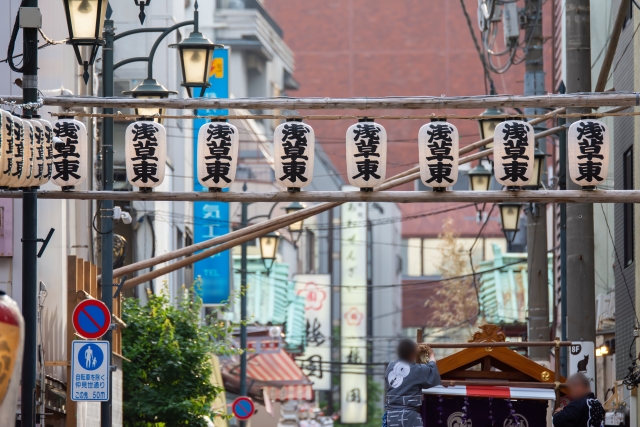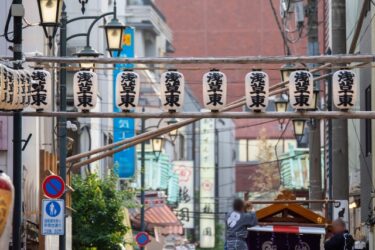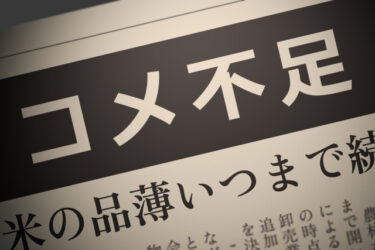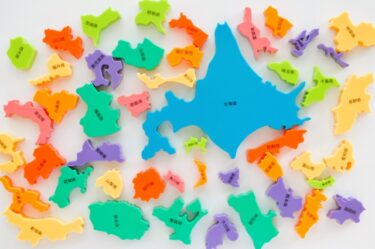Introduction
Tokyo is often associated with the standard Japanese spoken by broadcasters and government officials. However, certain areas of the city, especially the traditional neighborhoods known as “Shitamachi” (literally “lower town”), have their own distinctive dialect known as “Beranmee.” Used in areas like Asakusa, this style of speech has a brusque, lively tone that captures the character and heritage of Tokyo’s historical working-class neighborhoods. In this article, we’ll look at what the Beranmee dialect is, where it’s spoken, and how it reflects the local culture.
What is the Beranmee Dialect?
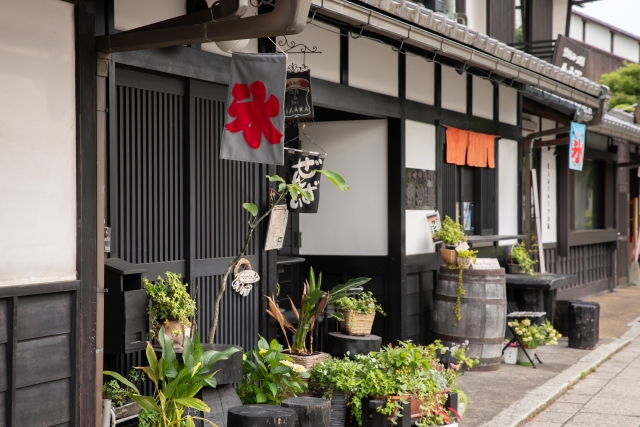
Origins and Characteristics of the Beranmee Dialect
The Beranmee dialect, also called “Beranmee-chou,” developed in Tokyo’s Shitamachi areas, where merchants, craftsmen, and workers lived and worked. “Beranmee” is a distinctive speech style with exaggerated, sharp endings that give it a bold and direct tone. For example, while Standard Japanese might use polite endings like “-masu” or “-desu,” the Beranmee dialect often uses more informal and abrupt endings, such as “-da” or “-yo.”
The dialect gets its name from the expression “Beranmee,” which is a version of “Berabo-me,” an old-fashioned exclamation meaning “ridiculous” or “nonsense.” Over time, the word became associated with the overall tone of the Shitamachi area and its direct style of communication.
Key Features of the Beranmee Dialect
1. Unique Sentence Endings
One of the most recognizable traits of the Beranmee dialect is its characteristic sentence endings, such as “-da yo” or “-darou.” People from Tokyo’s Shitamachi areas might say “shiranai-yo” (I don’t know!) or “urusai-na” (be quiet!) with strong emphasis. The tone is assertive and, to some, can sound a bit rough, yet it’s also expressive and affectionate.
2. Use of Familiar Terms and Exclamations
The Beranmee dialect also uses familiar terms and exclamations common to the old Shitamachi lifestyle. For example, expressions like “temee” (you, often used roughly) or “kora” (hey!) might come across as blunt but are used affectionately among locals. In conversations, these expressions reflect the close-knit relationships among neighbors and friends in Shitamachi.
3. Cultural Implications: Reflecting Shitamachi’s Spirit
The Beranmee dialect embodies the Shitamachi spirit—hardworking, spirited, and friendly. This dialect isn’t just about word choice; it’s about attitude and personality. People in Tokyo’s Shitamachi areas are known for their frankness, warmth, and sense of humor. The Beranmee style of speech, with its animated and sometimes exaggerated expressions, captures this feeling perfectly.
Conclusion
The Beranmee dialect is a vibrant expression of Tokyo’s Shitamachi culture, representing the legacy of Tokyo’s historical neighborhoods. Although it may sound direct or even blunt, it’s also expressive and often used with affection among locals. This unique dialect reminds us that Tokyo, even as a modern metropolis, still holds onto traditions and cultural nuances that connect it to its past. The Beranmee dialect is more than a way of speaking; it’s a piece of the heart and soul of Tokyo’s Shitamachi.

